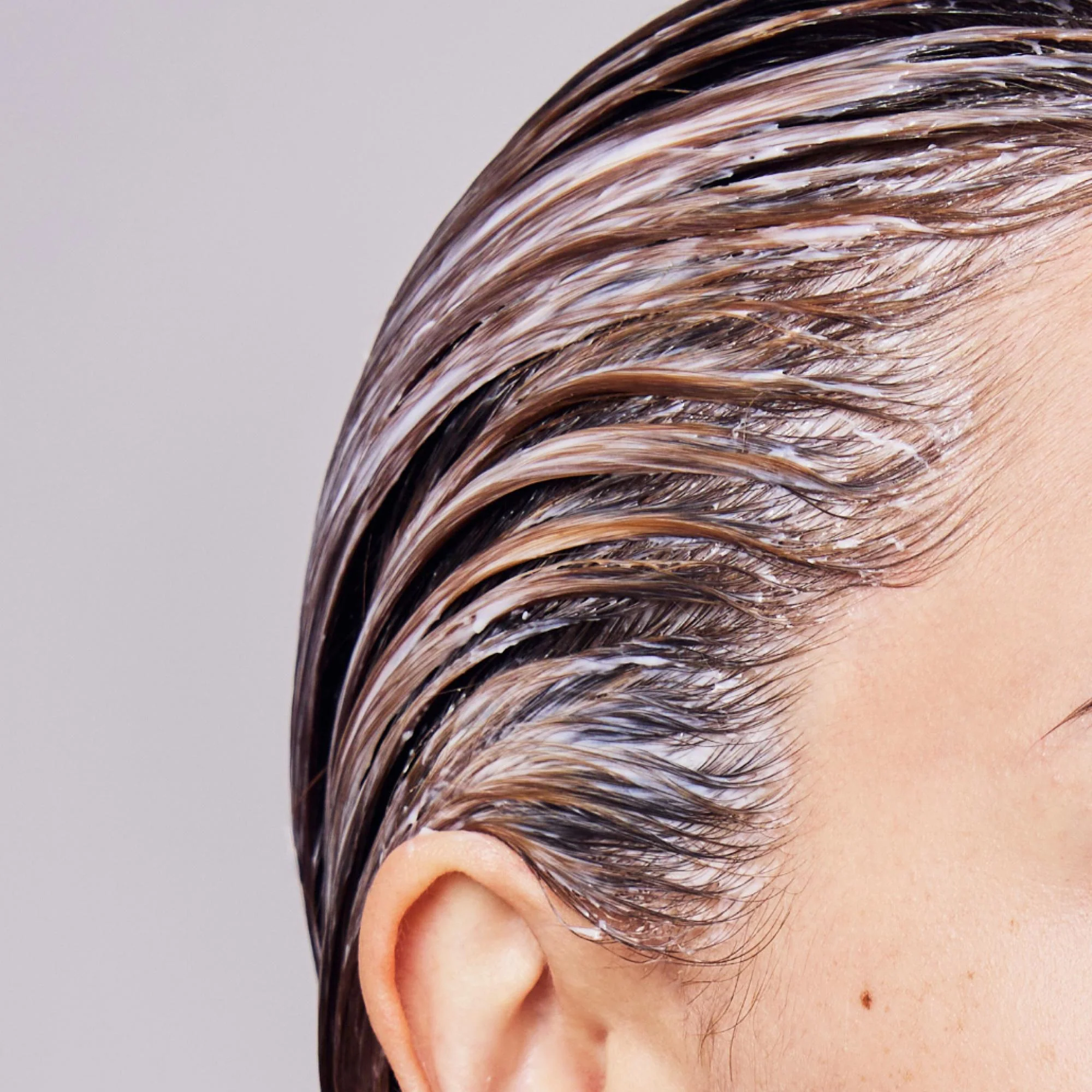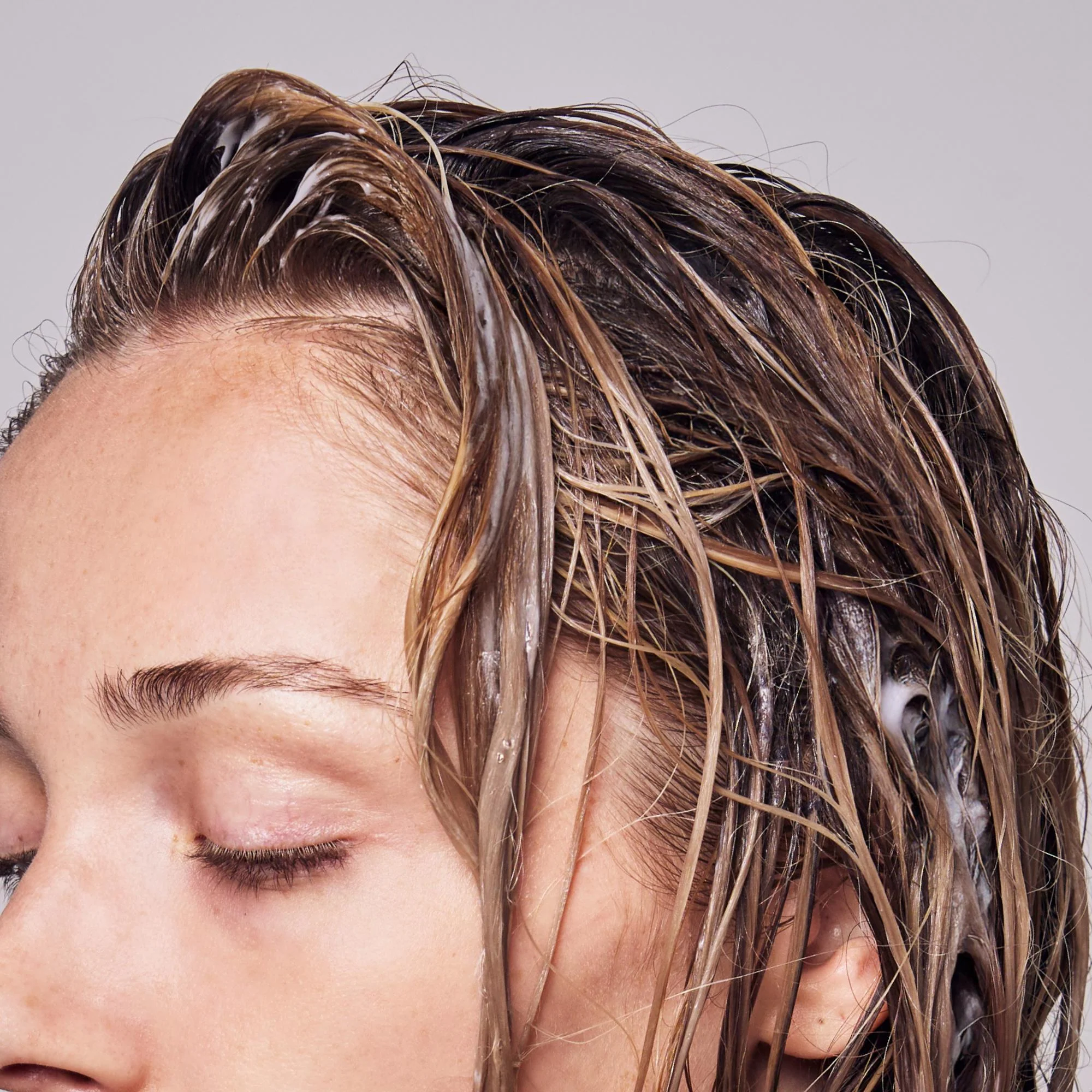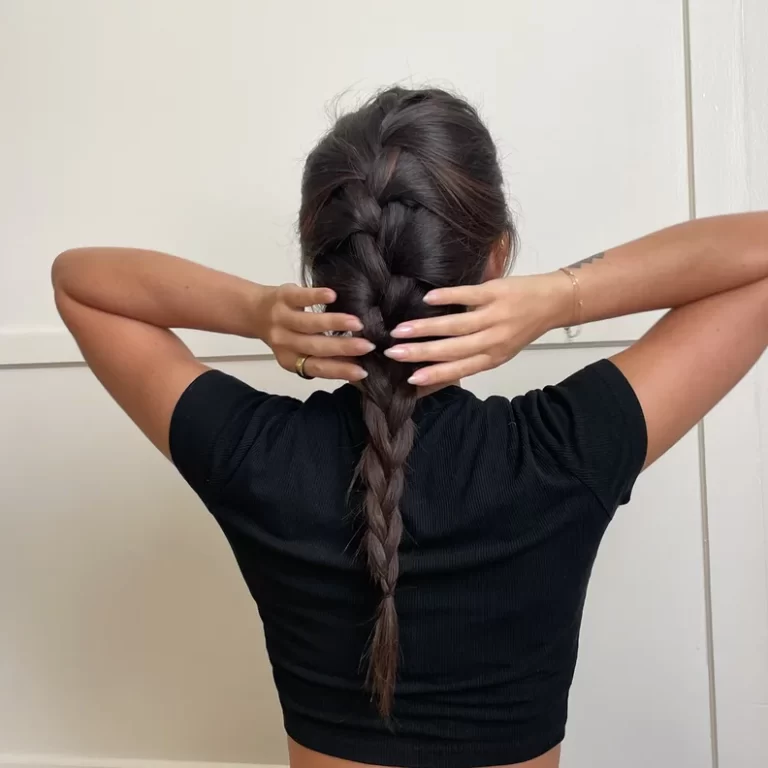
Optimal Wash Frequency for African American Hair Growth
Understanding the Unique Needs of African American Hair
African American hair is unique. It needs special care. How often to wash african american hair for growth?The way it’s washed matters for its health and growth.
The Importance of Moisture and Oil Distribution
African American hair needs moisture. It’s often dry. Even oil distribution from scalp to ends is key.
Oils guard hair from breakage. They add shine and strength. Regular washing helps spread these oils.
Hair Texture and Scalp Health
The texture is often curly or coily. This affects how oil moves on strands. A healthy scalp leads to healthier hair.
Tightly coiled textures need gentle cleansing. This keeps the scalp’s natural balance. Don’t wash away essential oils.

Identifying Your Hair Type and Washing Needs
Understanding your hair type is crucial. It guides how often you should wash for growth. African American hair falls into various categories.
Natural, Relaxed, or Protective Styles
Natural hair means unprocessed curls and coils. It’s often drier and can be fragile. Natural hair usually requires less frequent washing. Aim for every 7 to 14 days.
Relaxed hair has been chemically straightened. It’s more porous and may need more care. Wait about 3 days after relaxing before washing. Then, follow the same routine as natural hair.
Protective styles, like braids or twists, keep ends tucked away. These styles need less manipulation. Wash every 2 to 3 weeks to prevent product build-up.
Impact of Lifestyle and Activity on Wash Frequency
Activity level also plays a role in your wash schedule.
Active lifestyles lead to more sweat and oils. This may need more frequent washing. Listen to your scalp. It will tell you when it’s time. Aim to cleanse as needed, without overdoing it.
Less active? Your hair might not get oily fast. Washing once a week or less may work for you. Remember to focus on scalp health and moisture retention.
Every head of hair is different. Pay attention to your hair’s needs. Adjust your washing routine for the best growth results. Stay mindful of moisture needs and scalp care.
Hair care involves sorting fact from fiction, especially when it comes to washing frequency. Here, we tackle myths and provide clear advice.
Debunking Common Misconceptions
There are many myths about washing African American hair. One common myth: washing often induces growth. But this is not entirely true. Washing too much can strip natural oils. This could lead to breakage. Another myth is that washing hair less will make it stronger. However, without proper cleansing, product buildup can harm scalp health. Washing frequency should be balanced. It should align with your hair’s needs and daily activities. Ignore the myths. Focus on what your hair tells you.
Clarifying How Often to Wash Your Hair
So, how often should you wash your hair? The answer isn’t the same for everyone. It depends on your hair’s texture and your lifestyle. For natural hair, a good rule is every 7 to 14 days. If you have relaxed hair, wash after 3 days of treatment. Then, maintain as with natural hair. With protective styles, aim for every 2 to 3 weeks. Always consider your hair’s response to find the best routine. What works for others may not be right for you. Listen to your hair and adjust.

Factors to Consider for Wash Frequency
Effects of Weather and Pollution
How often to wash african american hair for growth? Weather and pollution impact how often you should wash African American hair for growth. High pollution can lead to more dirt and toxins in the hair. This means more washes are needed. In hot or humid weather, sweat and oil increase. Your hair gets dirty faster and needs cleaning. But, if you live in a cleaner, mild climate, you might wash less often. Always watch how your hair feels and reacts to determine the best wash frequency for you.
Hair Styling Habits and Product Buildup
Your styling habits affect your washing routine. Using many products like gels or sprays leads to buildup. You’ll need to wash your hair more often to remove these. If you use fewer products, you might wash less. Also, certain styles protect your hair and keep it clean longer. For example, braids or twists may not need as many washes. No matter your style, keeping an eye on product buildup is crucial. Wash your hair enough to keep it clean but not so much that you strip it of natural oils.
Essential Hair Care Tips Between Washes
Proper care between washes is vital for African American hair growth. Here’s how to maintain hair health.
Moisturizing Techniques for Retaining Hair Health
Hydrate hair regularly to keep it healthy. Use leave-in conditioners to lock in moisture. Oil the scalp lightly to nourish roots. Spritz hair with water mixed with essential oils for quick hydration. These steps prevent dryness and promote strength.
Protective Styling to Extend Time Between Washes
Protective styles reduce hair manipulation, helping retain moisture. Opt for braids, twists, or updos to shield hair. Wear silk or satin scarves at night to minimize breakage. Remember, low-manipulation styles can help your wash last longer and support hair health.

Additional Hair Growth Strategies
Along with the right washing routine, other strategies can impact African American hair growth.
Role of Diet and Nutrition in Hair Health
What you eat affects your hair. Include foods rich in vitamins and minerals for hair strength. Protein, biotin, iron, and zinc promote hair growth. Eat a balanced diet for the best results. Supplements can help, but food is key.
Stress Management and Its Impact on Hair Growth
Stress can harm your hair growth. Manage stress through activities like exercise and meditation. A calm mind can lead to healthier hair. Make time for rest and relaxation daily. Keep stress under control for stronger hair growth.
Personalizing Your Wash Routine
Discovering the perfect wash routine involves trial and observation. Your hair’s unique qualities dictate its needs.
Assessing Your Hair’s Response to Washing
Watch closely how your hair behaves post-wash. Look for signs of dryness or excessive oiliness. Adjust your wash frequency based on what you observe. Your hair’s resilience and growth patterns provide clues.
Gauge the condition of your scalp. It should feel clean but not stripped. A healthily moisturized scalp supports optimal hair growth. If it’s itchy or flaky, your routine may need tweaking.
Tailoring the Frequency for Maximum Growth
Start with the general guidelines: 7 to 14 days for natural hair, post-3 days for relaxed hair. Protective styles can wait 2 to 3 weeks. Adapt these intervals according to your hair’s feedback.
Consider your lifestyle’s impact. An active life may call for more washes. Less product use might allow for longer stretches between shampoos. Nurture your hair with moisture and protect it well between washes.
Experiment and track your results. Journaling your hair’s response to different routines can be insightful. Patience and persistence are key to finding your hair’s ideal wash schedule. Balance is the goal, aiming for clean, buoyant hair that signals health and growth potential.

Conclusion: Optimal Hair Care for African American Hair Growth
Maintaining African American hair requires a thoughtful approach, especially when it comes to washing. The frequency of washing plays a crucial role in promoting healthy hair growth. While individual needs may vary, general guidelines suggest washing hair every 1 to 2 weeks. This timeframe allows natural oils to nourish the scalp and strands, promoting hydration and strength.
Understanding Individual Needs
Hair texture, lifestyle, and product use are significant factors influencing washing frequency. For example, those using heavy styling products may need to wash more often to prevent buildup. Conversely, individuals with sensitive scalps may benefit from extended intervals between washes. Thus, assessing personal hair characteristics is essential for tailoring a suitable wash routine.
The Role of Moisture
Moisture retention is vital for African American hair growth. Washing too frequently can strip essential oils, leading to dryness and breakage. Incorporating hydrating shampoos and conditioners can enhance moisture levels. Moreover, using protective styles and regular deep conditioning treatments will further support hair health.
Transitioning to a Healthy Regimen
Transitioning to a personalized hair care regimen may require patience. It is important to observe how hair reacts to different washing frequencies and products. Keeping a journal can help track progress and identify what works best.
In summary, while washing African American hair every 1 to 2 weeks is a good starting point, individual routines should be customized based on hair type and lifestyle. Emphasizing moisture retention and understanding individual hair needs will set the foundation for optimal growth. With consistent care, the path to achieving healthy, vibrant hair becomes attainable.

